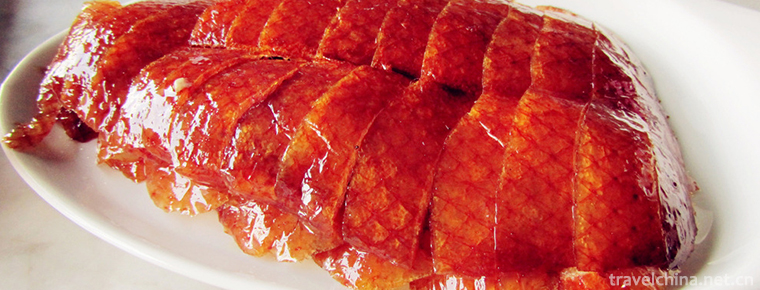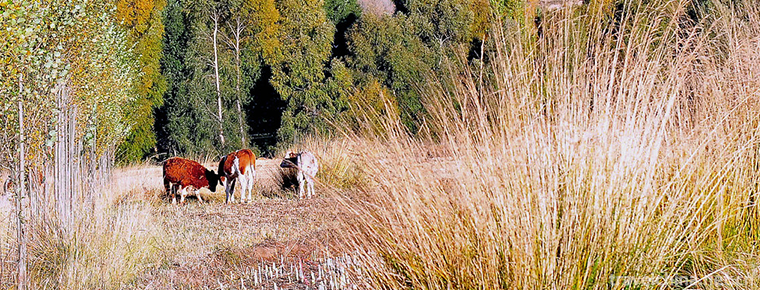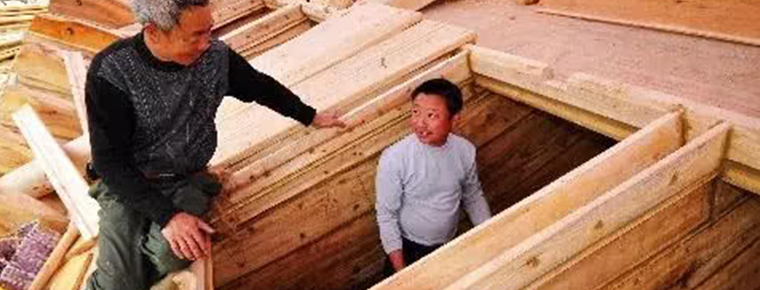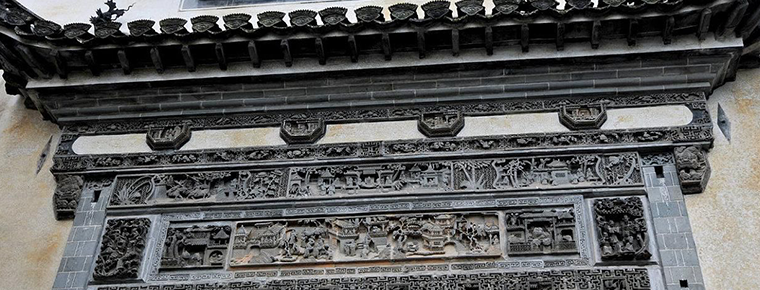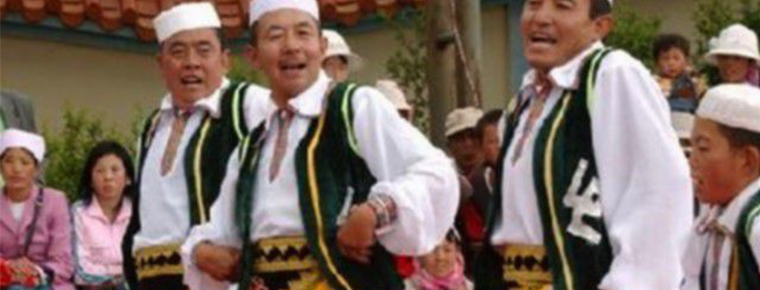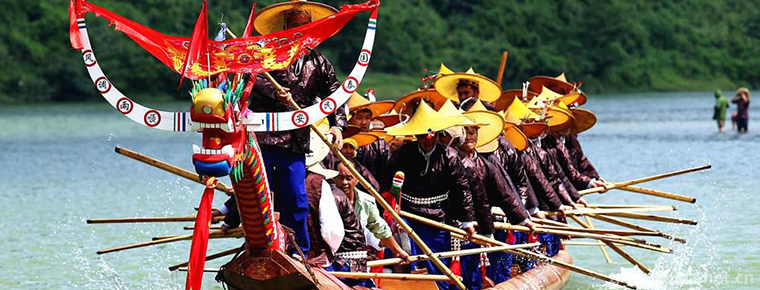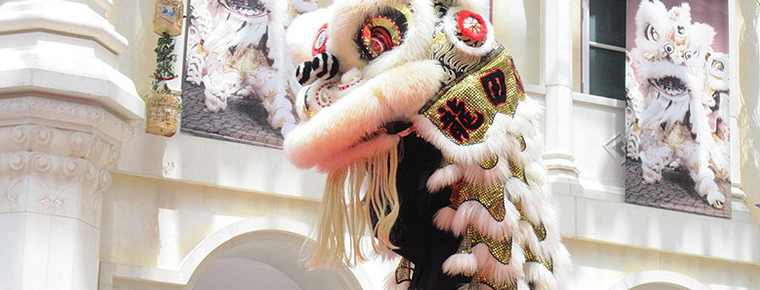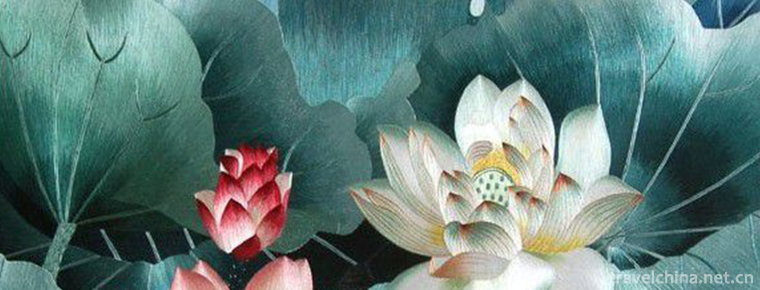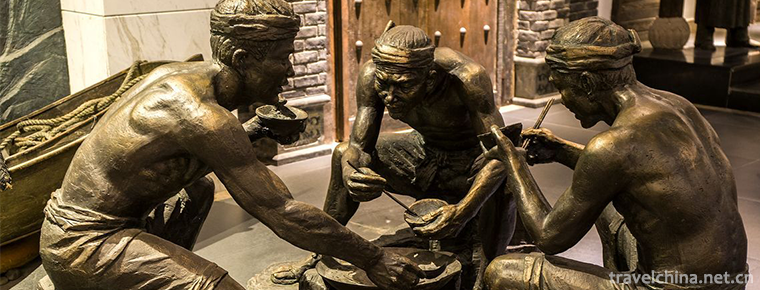Baoding old tune
Baoding old tune
Baoding old tune, also known as old tune bangzi, is one of the traditional operas with a long history in Hebei Province and a national intangible cultural heritage. At first, it was a popular Hexi tune in the Rural flower fairs around Baiyangdian. During the Qingdaoguang and Xianfeng years, the opera had taken shape. In the early period, the old tunes should be mainly composed of "Sheng" and "Jing". The two lines of "Sheng" and "Jing" are divided into two branches, singing the old tunes together, so they are called "old tunes". In addition to Baoding, it has its footprint and influence in Cangzhou, Hengshui, Shijiazhuang, Zhangjiakou and parts of Beijing, Tianjin and Shanxi.
brief introduction
Baoding Old Tune is one of the traditional operas in Hebei Province of China. Baoding Old Tune is a unique opera vocal opera.
The old tune has a broad mass base and is a tune that the local people often hum orally. Therefore, there was a saying among the people that cooking can not be done without cooking stoves and listening to operas can not be done without the old tune. The old tune has been performing in Beijing four times, and has been praised by the people, leaders and experts in the capital. Leading comrades of the Central Committee once encouraged him to say, "Baoding has treasure and the old tune is not old".
Baoding Old Tune has a history of about two or three hundred years. It was born in Yuan Dynasty. It will be popular in Hexi Tune, a traditional folk song of Yanzhao in the next year. It appears as a grand drama and is good at performing the real robe and belt play mainly composed of Laosheng and black-red-pure actors. Around 1884, the former artists represented by Shengxing actor Han Dacang (Ba Zhou Hong), initiated the forerunner of the old tune; around 1918, Zhou Fucai, a famous old student, set his mind on reforming and pushing the old tune art to a new stage with such dramas as "Transferring the Colonies" and "Advising the Army"; after the founding of New China, new artists emerged in succession, both in performance and in voice. New developments have been made.
After Pan Yang Lawsuit and Loyal Qianqiu were made into films, the influence of the old tune spread to the whole country.
Artistic characteristics
Baoding Old Tune is one of the local operas with a long history in Hebei Province, and it is also a unique local opera voice opera in Baoding. In the early period, the old tunes should be mainly composed of Sheng and Jing, while Sheng and Jing should be separated into two lines, singing the same old tune, so they are called old tune. They are different from Hebei Bangzi, so they are called old tune Bangzi, that is, the old tune opera. It is of certain positive significance to the study of the origin, formation and development of local operas, the history of the development of local ethnic groups, the history of the development of culture and art, and even the customs and customs.
The History of Baoding's Old Tune
Baoding old tune has a history of about 2300 years. It was born in the Yuan and Ming dynasties. It was popular in Yanzhao folk song "Hexi tune", and then appeared as a grand drama. It was good at performing costume-belt drama mainly composed of Laosheng and black-red-and-pure-acting. In the eighties of the nineteenth century, there were some former artists represented by the star actor Han Dacang (Bazhou Hong), who pioneered the old tune. In the early twentieth century, Zhou Fucai, a famous veteran, pushed the old tune art to a new stage with such dramas as "Transforming the Pirates" and "Advising the Army".
In the course of its development, the old tune has been influenced by the local high school and Hebei Bangzi, and absorbed the essence of the local rap art. It emerged in the Qing Guangxu period (1875 - 1908), and began to enter the city until 1930s.
After 1949, the old opera troupe specializing in Gaoyang, Dingxian and Fuping Equality was established in Baoding area. The old opera troupe in Baoding area has performed in Beijing for many times, and has been praised by Comrade Deng Xiaoping as "Baoding has treasure and the old tune is not old". In 1960 and 1980, the troupe produced and performed two excellent plays, Pan Yang Suit and Loyal Qianqiu, which were filmed and released nationwide. Famous artists include Cui Chengtian, Liu Shouqian, Xin Qiuhua and Wang Guanying. Since the new era, the old tune has created a large number of excellent operas such as "Sun Menstruation Day" and "Rejecting Ma Ling", which have won awards for many performances both inside and outside Hebei Province, and become one of the most popular operas for rural audiences in Hebei Province, especially in the middle of Hebei Province.
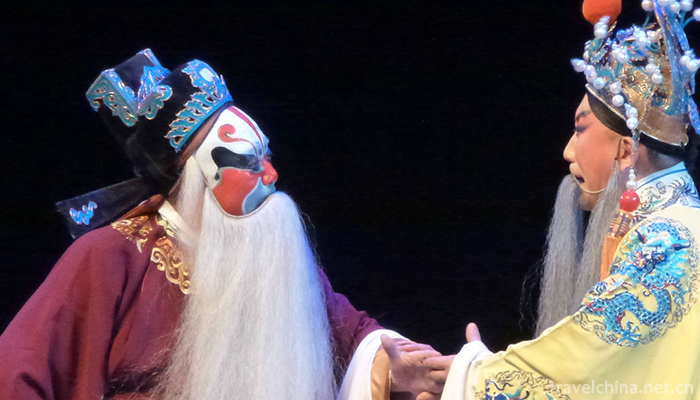
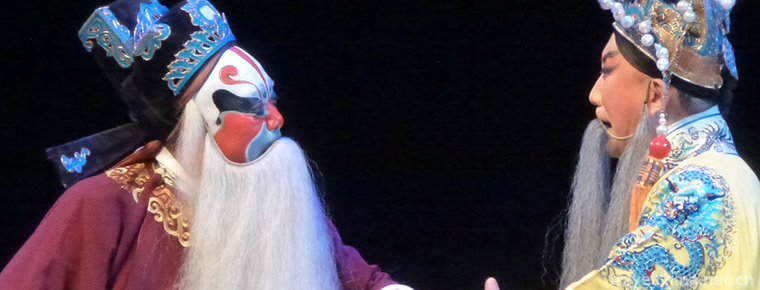
Baoding old tune
-
Cantonese crispy fried pork
Crispy fried pork is a traditional dish with color, aroma and taste. It belongs to Guangdong cuisine department. This dish is one of the classic Cantonese cured wax
Views: 223 Time 2018-11-02 -
Linzhi Basongcuo Scenic Area
Basongtao, also known as Caogao Lake, means "green water" in Tibetan. It is about 18 kilometers long. Its surface area is about 27 square kilometers.
Views: 185 Time 2018-12-12 -
Tianshan Grand Canyon Scenic Area Urumqi
Tianshan Grand Canyon Scenic Area is located in Urumqi County, 48 kilometers away from the urban area. The total planned area of the scenic spot is 1038.48k
Views: 138 Time 2018-12-12 -
Tianhe mountain
Tianhe Mountain, located in Xingtai City, Hebei Province, is China's Love Mountain, the hometown of Chinese Qixi Culture, and the birthplace of the legend of Cowherd and Weaver Girl
Views: 210 Time 2019-02-21 -
Yanzhi Mountain Forest Park
Yanzhi Mountain Forest Park is located 45 kilometers southeast of Shandan County. The Gejunma Grassland is opposite to Qilian Mountain
Views: 131 Time 2019-02-28 -
Traditional Wooden Ship Manufacturing Techniques
Fuyang has a long history of shipbuilding. As early as the Tang Dynasty, water transportation was glorious. Fuyang Lingqiao wooden boats are mainly distributed in towns along the Fuyang River, especia
Views: 357 Time 2019-04-21 -
Huizhou three carving
The three carvings in Huizhou are a kind of local traditional carving art. They refer to three kinds of local traditional carving crafts, i.e. wood carving, stone carving and brick carving,
Views: 157 Time 2019-05-04 -
Hui Banquet Song
The Hui banquet song is one of the folk songs sung by the Hui people at weddings, festivals and Islamic festivals. Also known as "Family Music" and "Vegetable Music".
Views: 372 Time 2019-05-04 -
Miao Dragon Boat Festival
Every year from May 25 to May 27 of the lunar calendar, the Miao people living in Shibing and Taijiang counties of Guizhou Province along the Qingshui River hold this grand gathering. The Dragon Boat
Views: 149 Time 2019-06-05 -
lion dance
Lion dance, also known as "Lion Dance", "Lion Lantern", "Lion Dance", "Lion Dance", "Lion Dance", is one of the folk dances of all ethnic groups in Ch
Views: 98 Time 2019-06-14 -
Shu embroidery
Shu embroidery, also known as Sichuan embroidery, is as famous as Su embroidery, Hunan embroidery and Guangdong embroidery. It is one of the four famous embroidery in China. It is a traditional Chines
Views: 433 Time 2019-06-15 -
Copper Carving Skills
Hangzhou bronze sculpture is the continuation of ancient bronze manufacture. It developed greatly in Wuyue and Southern Song Dynasty. After Tongzhi in Qing Dynasty, Hangzhou bronze sculpture represent
Views: 180 Time 2019-06-21
